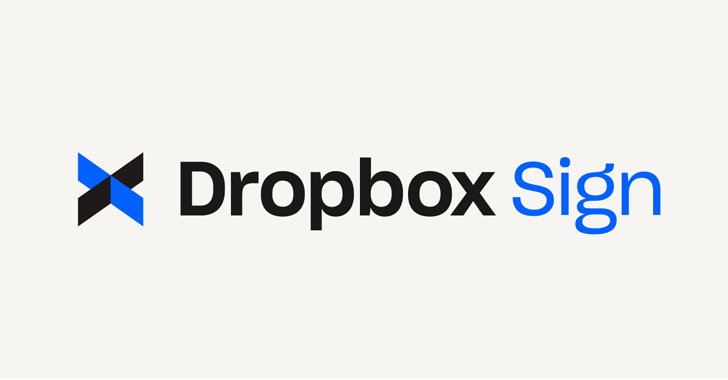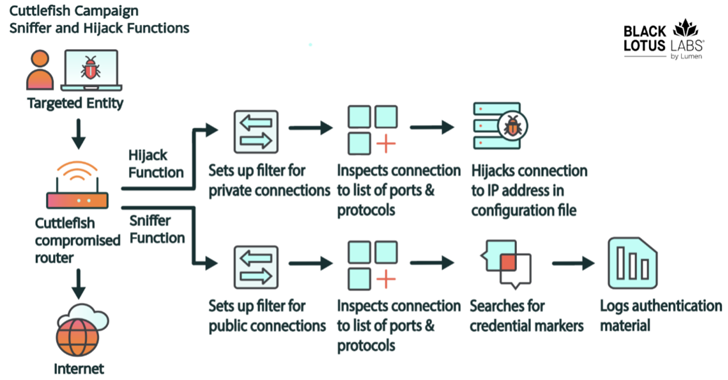Mastercard is piloting a scheme where smartphone GPS systems are used to authenticate purchases for travellers – which could spell an end to the frustrating and common experience where cards are blocked instantly when used abroad.
Mastercard is piloting a scheme where smartphone GPS systems are used to authenticate purchases for travellers – by only permitting transactions when the device is switched on in a specific location abroad. Point-of-sale terminals will ‘query’ whether a phone is in the ‘right’ place, and once the device has received confirmation, it will process the payment.
The system is built to prevent card fraud – but also to prevent travelers having cards blocked and transactions declined when in other countries. At present, 50-80% of transactions which are declined abroad are actually legitimate, Mastercard claims.
The service is being unveiled in partnership with telecoms services company Syniverse, and is to be offered in a package with mobile data deals for use abroad – and aims, the companies say, to reduce customer frustration with having transactions declined in other countries.
Engadget reports statistics cited by the two companies, that 75 million mobile phone users travel abroad each month, but that 70% switch off mobile data while they travel, to avoid roaming charges. The partnership between MasterCard and Syniverse, which works with 1,000 networks worldwide, would also offer data packages, as well as a global system to approve payments.
MasterCard processes 65,000 transactions per second, and Syniverse reaches 5 billion mobile devices globally.
In a statement, the companies said, “”When your card and your mobile device are in the same place, you’re less likely to encounter the frustrations associated with unqualified card cancellations or blocked transactions. Financial institutions will also have an additional tool that will help them make more effective decisions when approving or declining a transaction on behalf of their customers.”
PC Advisor reports that payment terminals equipped with the system could send a signal to Syniverse’s platform within 300 milliseconds, which would then authenticate the phone via geolocation. Syniverse’s platform ‘keeps track’ of roaming phones, and returns a ‘yes’ or ‘no’ answer to the terminal.
The service is currently being trialled in an opt-in version.
PC Advisor points out, “As soon as a location is used, there are privacy issues that have to be dealt with. Users will have to opt-in to the service in advance.For this to eventually work, banks and mobile operators would have to be onboard.”
Top Tech News said that the companies planned to offer the service in conjunction with offers based on location and behaviour information from handsets, which Syniverse describes as “mobile context” – a market Syniverse claims could be worth $44 billion.
Syniverse says, “ In the future, they could implement targeted offers, which will be made more relevant by knowing the location of a mobile device, for example in close proximity to a retail store. A research report for Syniverse from economists at SEEC uncovered a market valued at as much as $44 billion, for operators providing services to brands based on opted-in mobile subscribers’ information, behavior and location – known as mobile context.”







